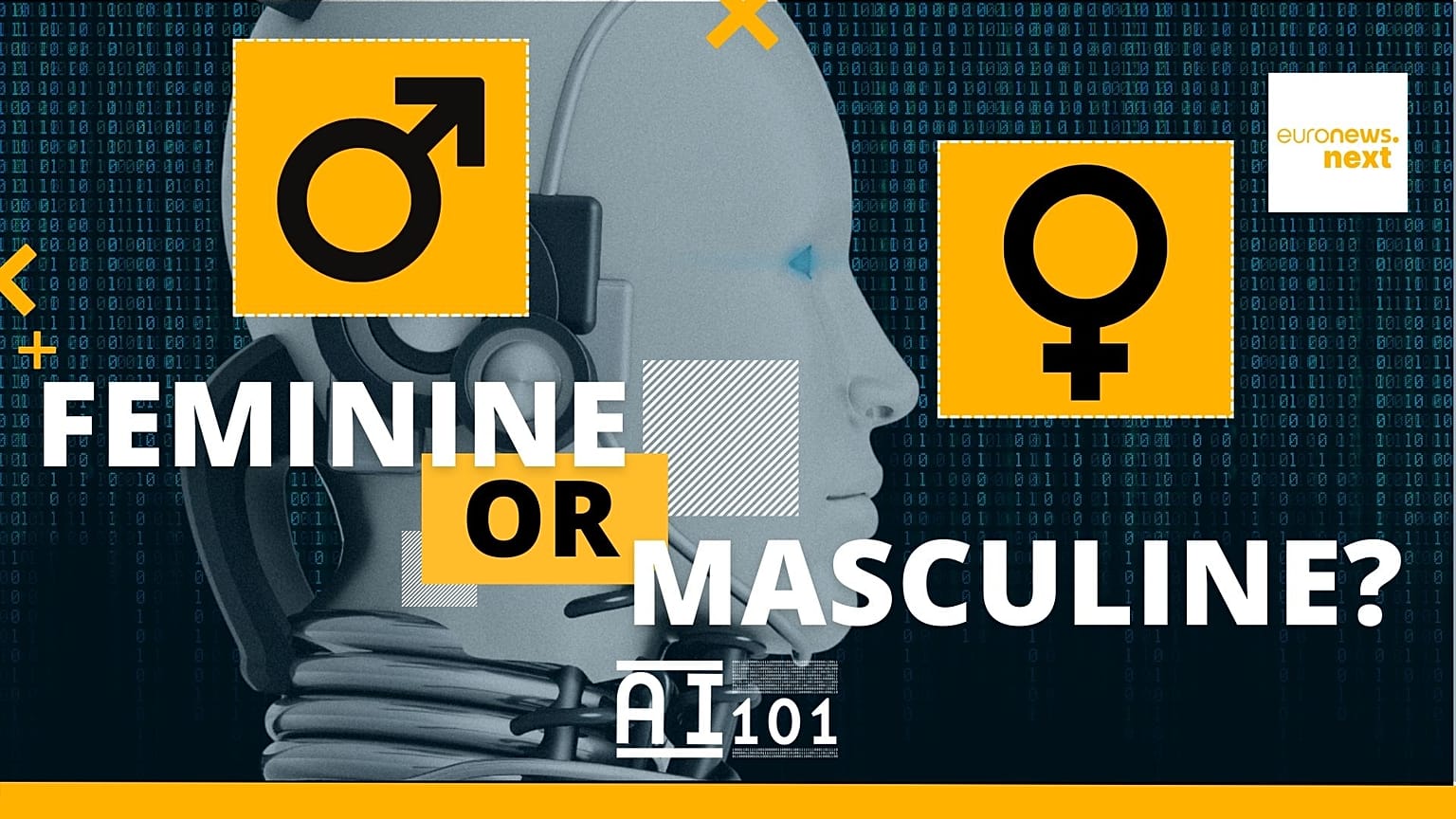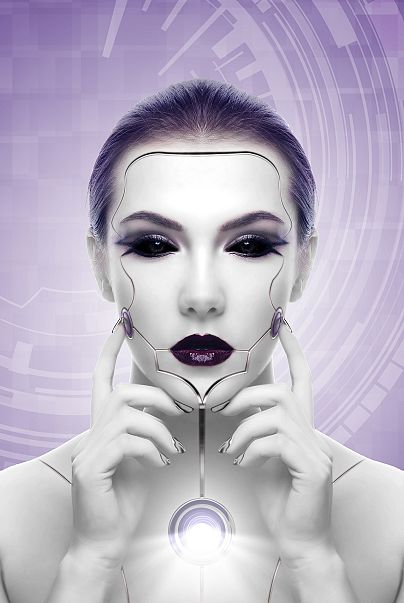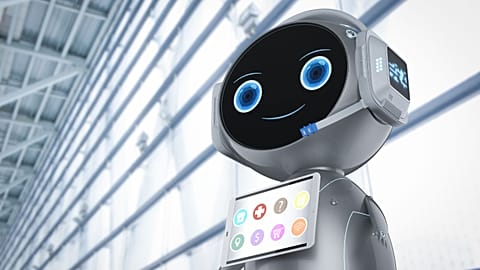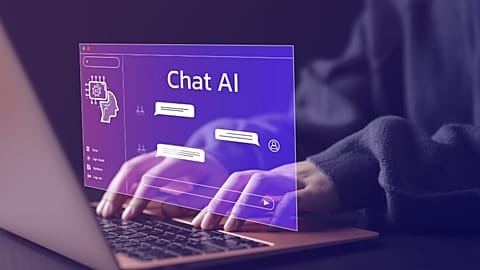Certain types of AI, like digital assistants, often have so-called feminine characteristics. Why do programmers make this choice and what are the consequences?
To the question, "Does artificial intelligence have a gender?", ChatGPT simply answers: "I don't have a gender or a personal identity".
 ADVERTISEMENT
ADVERTISEMENT
 ADVERTISEMENT
ADVERTISEMENT
The interactive bot isn’t wrong in the sense that AI is first and foremost a sequence of numbers.
It’s therefore incapable of adopting, as a human does, the characteristics of this or that gender.
However, several studies, including those by Vanessa Nurock, show that digital assistants often have so-called feminine traits, starting with their voice or first name.
Two obvious examples are Alexa and Cortana, the voice assistants developed by Amazon and Microsoft. We also mustn't forget Apple's Siri, which in Norwegian means "beautiful woman guiding you to victory".
"Many companies, like Google, have been clearly gendering their digital assistants," says Hilary Bergen, a researcher at The New School in New York.
Although things have evolved since the publication in 2016 of her scientific article 'I'd blush if I could,' she explains that voice assistants are "clearly modelled on female secretaries".
Trusting AI
Why choose to trust AI? This technology can make its users suspicious. But to inspire confidence, the device is programmed to mimic qualities like kindness, benevolence, and sweetness - characteristics generally attributed to women.
The problem? This approach risks perpetuating a long-standing view of women as objects.
Looking at AI and its gender means looking at its creators, the vast majority of whom are men.
According to the World Economic Forum, only 22 per cent of AI professionals are women. Hilary Bergen goes on to conclude: "AI acts as a true mirror of our society. So as long as we are imperfect, AI will be imperfect".
To find out more, watch our video above.


















